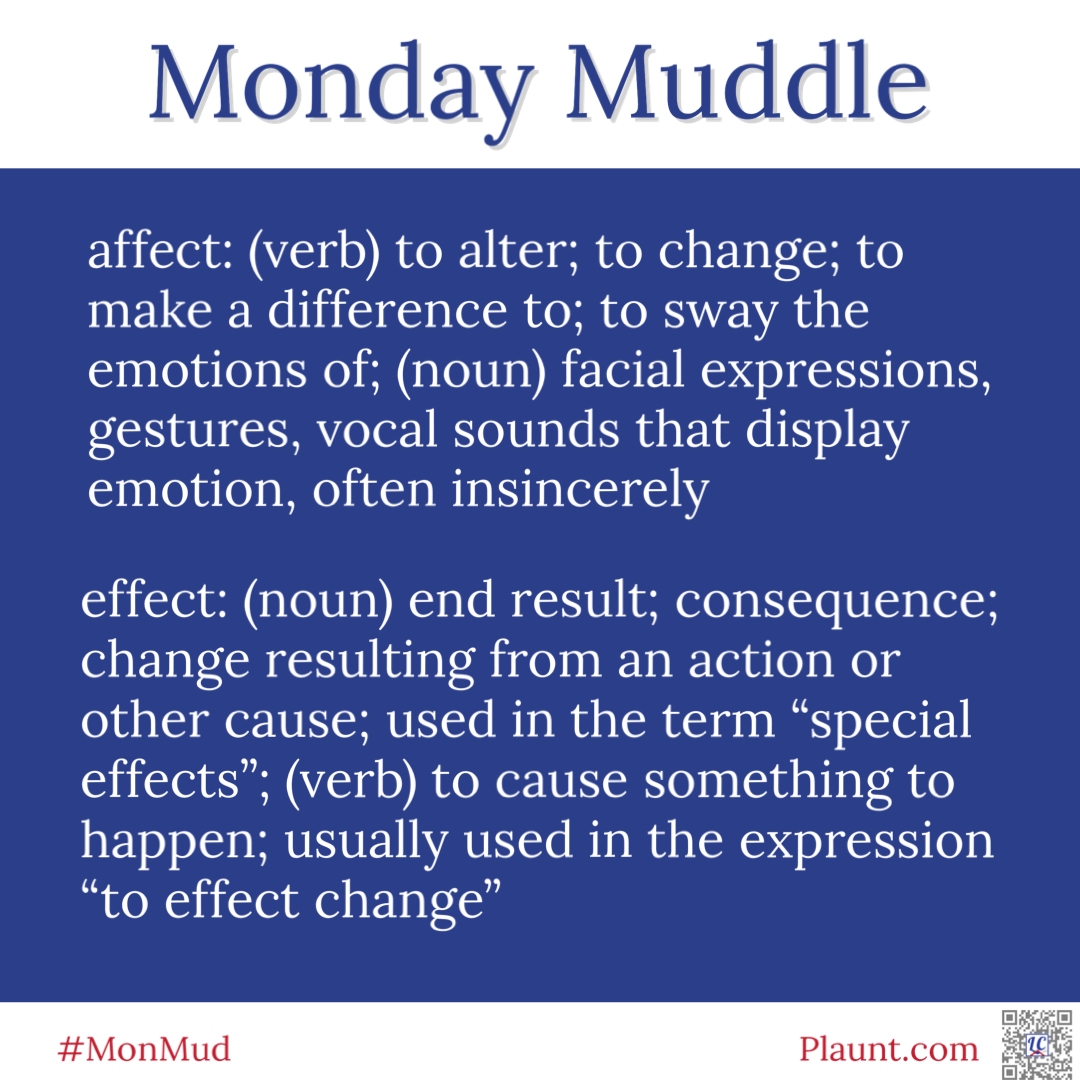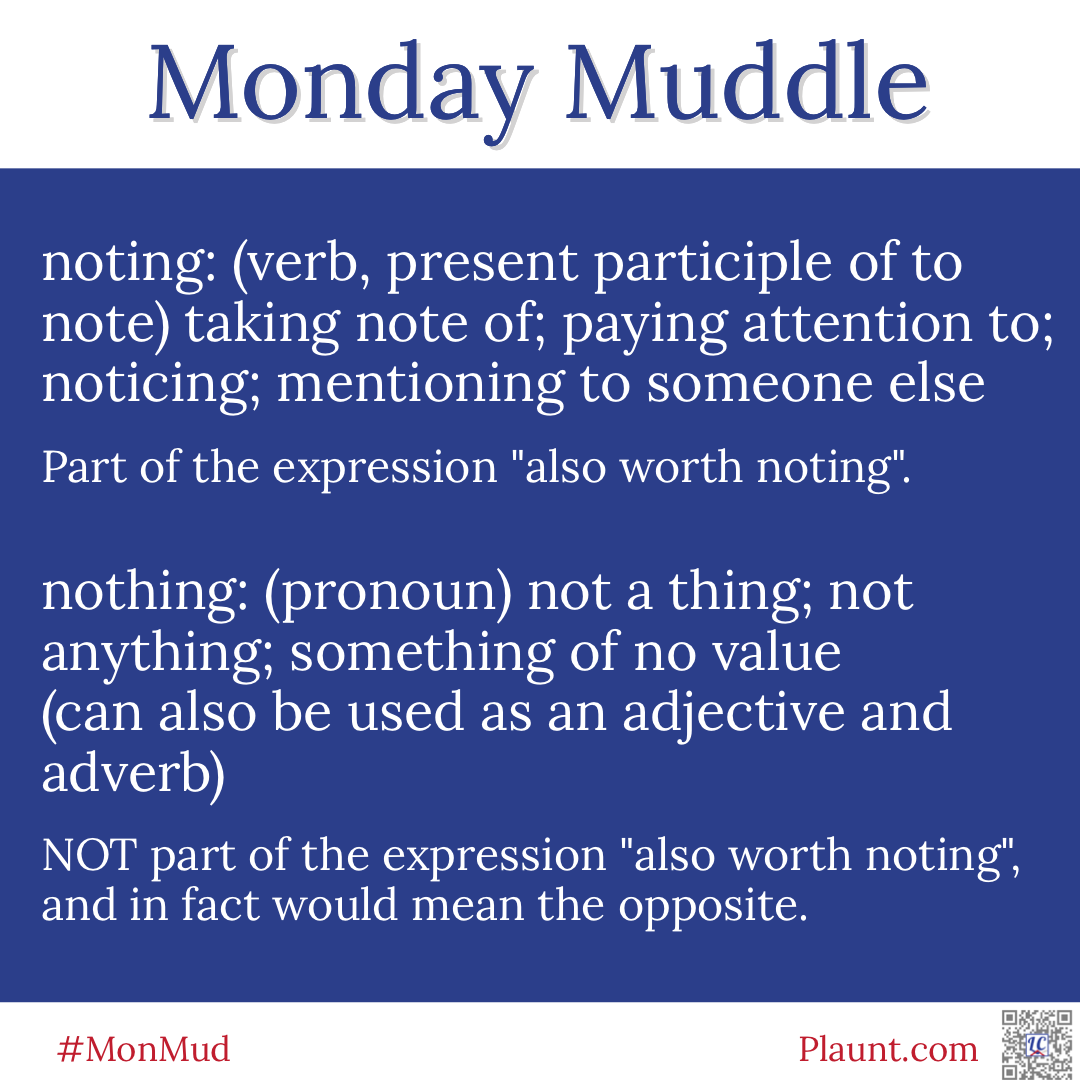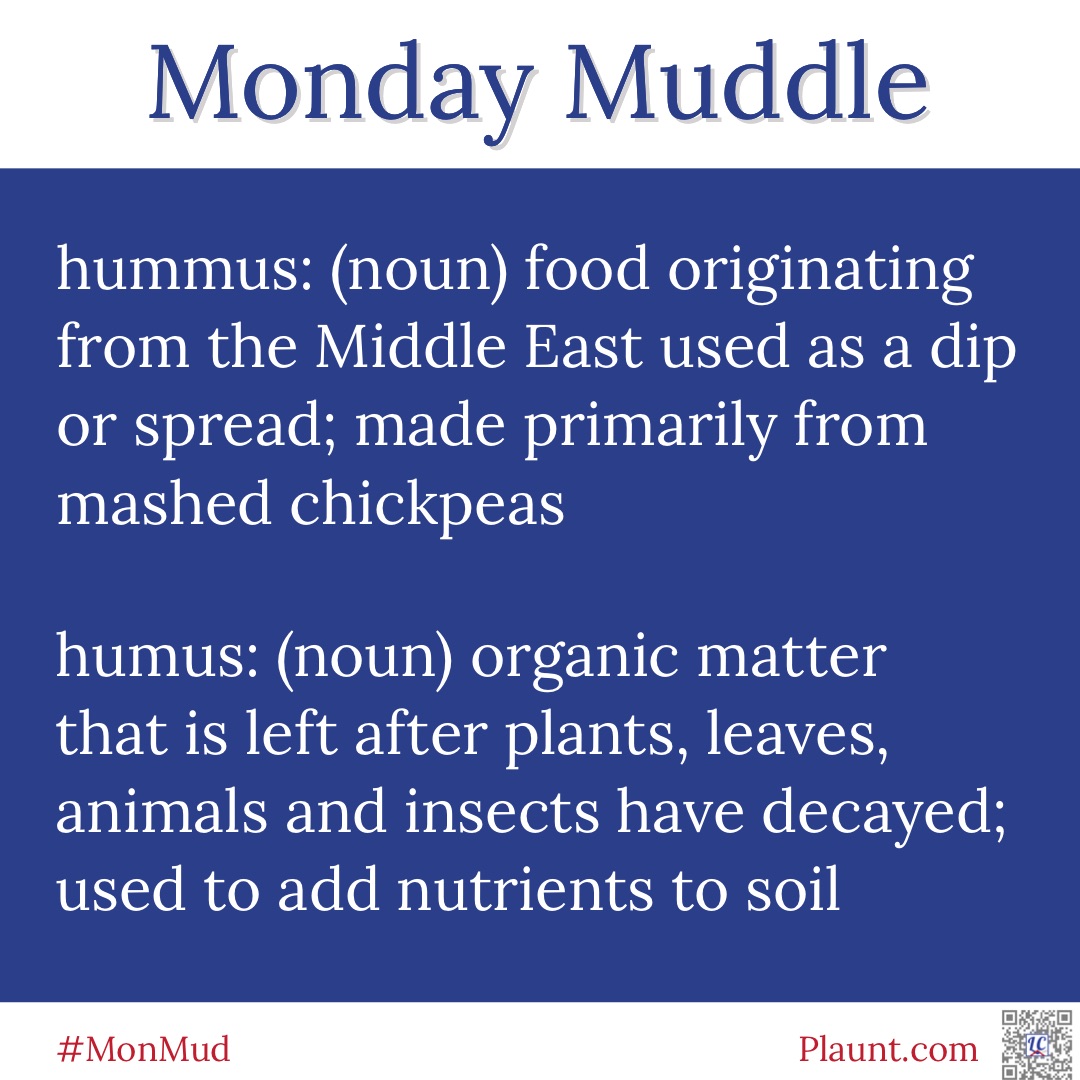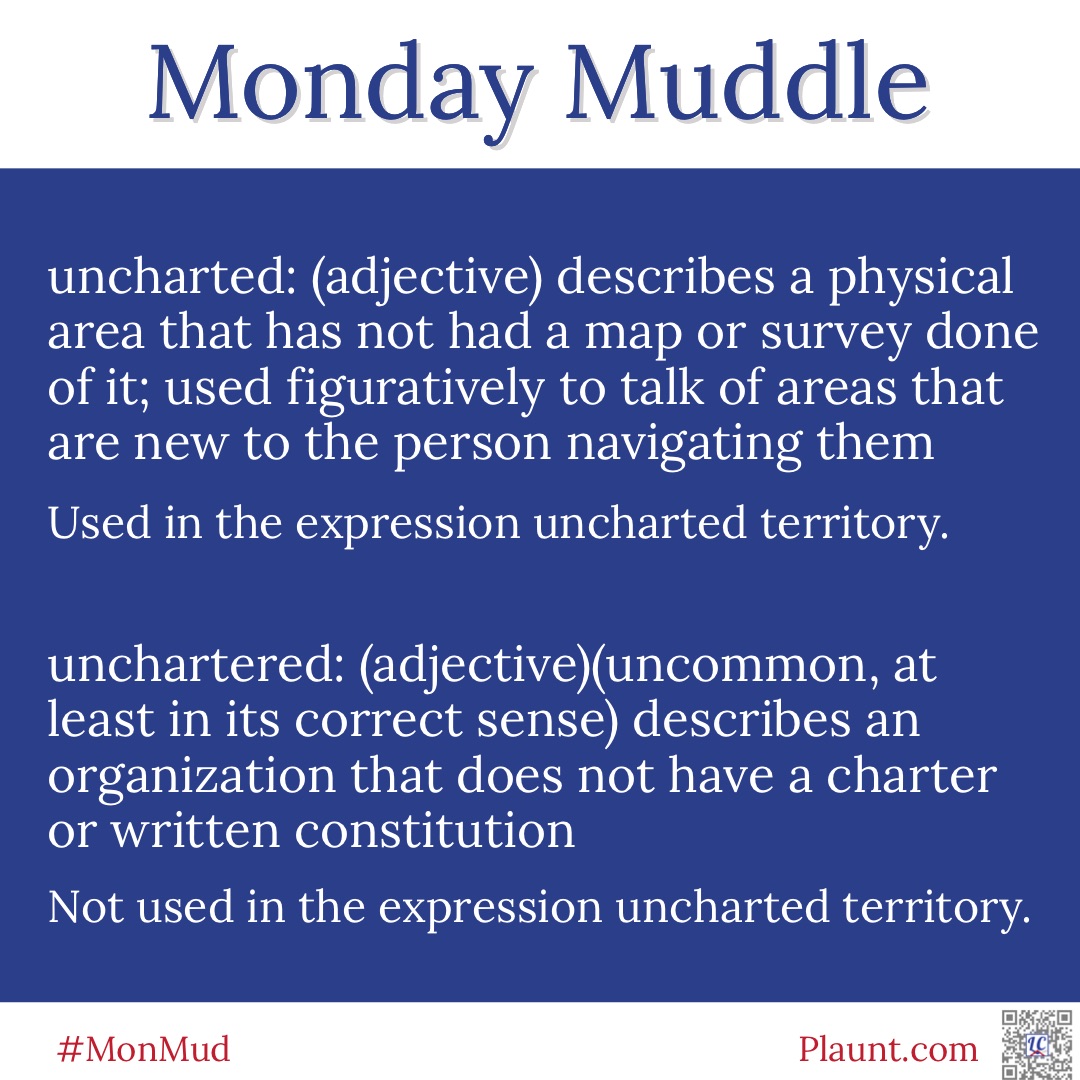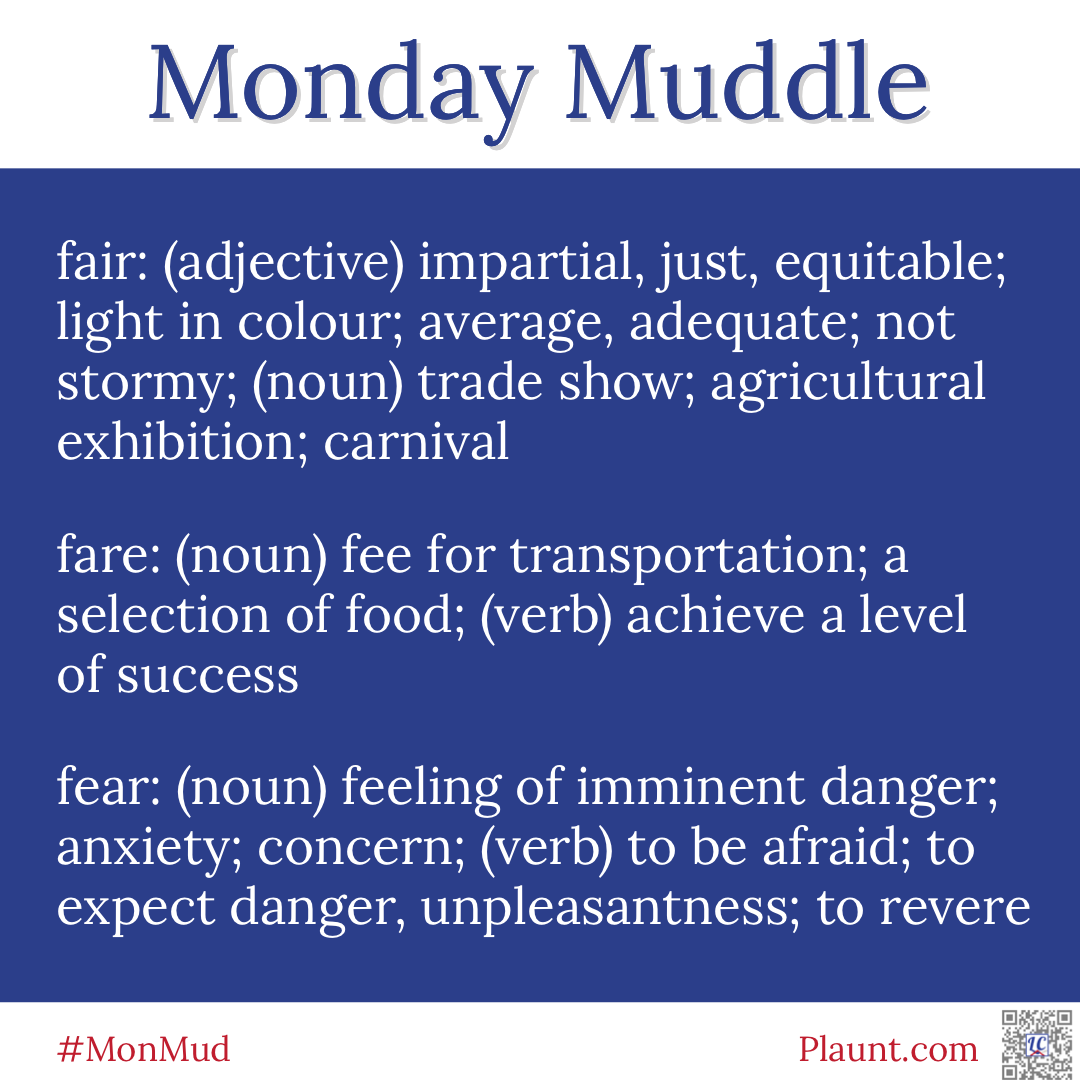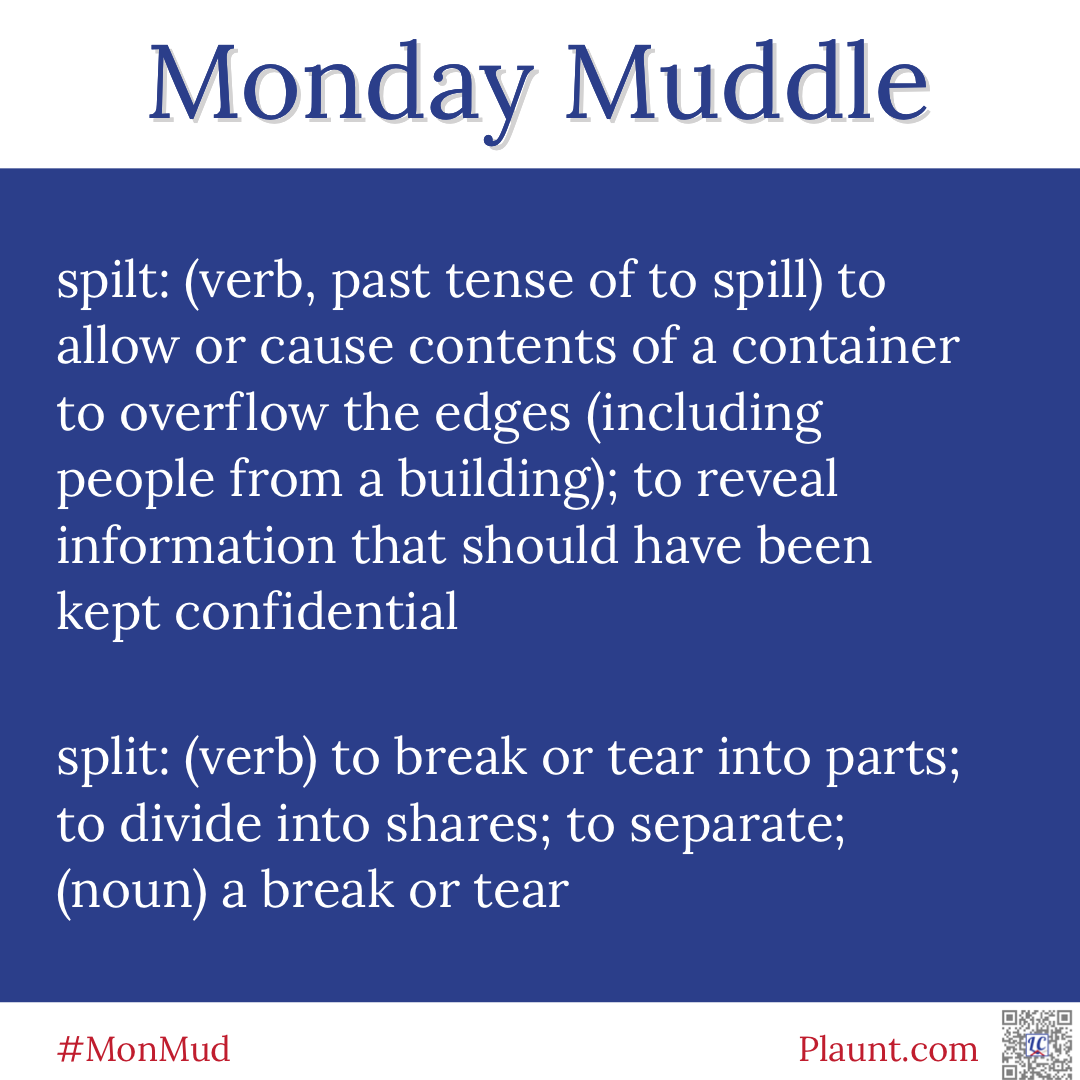In two sentences tell me what you have learned about writing recently.
Monday Muddle: strait, straight
strait: (noun) a narrow body of water that connects two larger bodies of water Used in the expression “dire straits”. straight: (adjective) (adverb) moving in one direction; level; upright; not crooked, curved, or bent NOT used in the expression “dire straits”.

